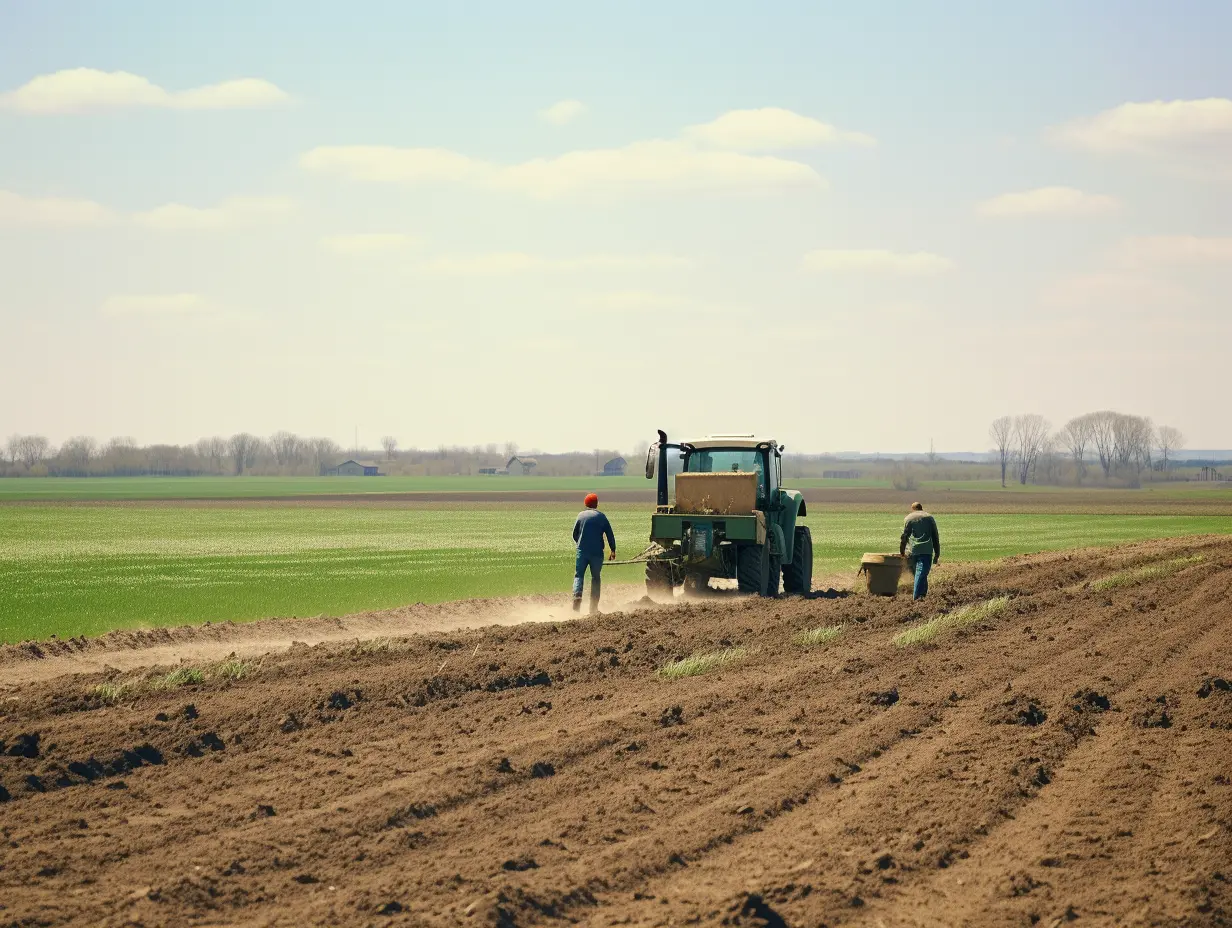
In modern agriculture, fertilization is an important link in improving the yield and quality of cash crops. Granular potassium sulfate is gradually favored by farmers and agricultural producers due to its excellent solubility and nutrient release characteristics. This article will delve into the impact of granular potassium sulfate on economic crops and provide relevant experimental data and analysis results to promote the sustainable development of crops.
Granular potassium sulfate is an important nitrogen-phosphorus-potassium compound fertilizer. The potassium element in it is crucial for crop growth. It has strong solubility and can quickly release nutrients to promote crop growth. In addition, the slow-release characteristics of granular potassium sulfate in the soil can also effectively extend the validity period of nutrients and reduce the loss of soil nutrients.
Through experiments on the application of granular potassium sulfate on different commercial crops, we obtained the following important findings:
In comparative experiments, the application effect of granular potassium sulfate was better than that of traditional fertilizers. Traditional fertilizers have limited effectiveness on certain crops, especially when nutrients are released unevenly, which can easily lead to poor crop growth. In contrast, granular potassium sulfate can provide a more balanced and sustained source of nutrients to better meet the growth needs of crops.
In summary, granular potassium sulfate has a significant contribution to the growth and yield improvement of economic crops. We recommend that agricultural producers use granular potassium sulfate rationally when fertilizing to give full play to its advantages in crop growth. At the same time, the sustainable development of economic crops can be achieved by formulating a scientific fertilization plan based on the nutrient status of the soil and crop needs.



